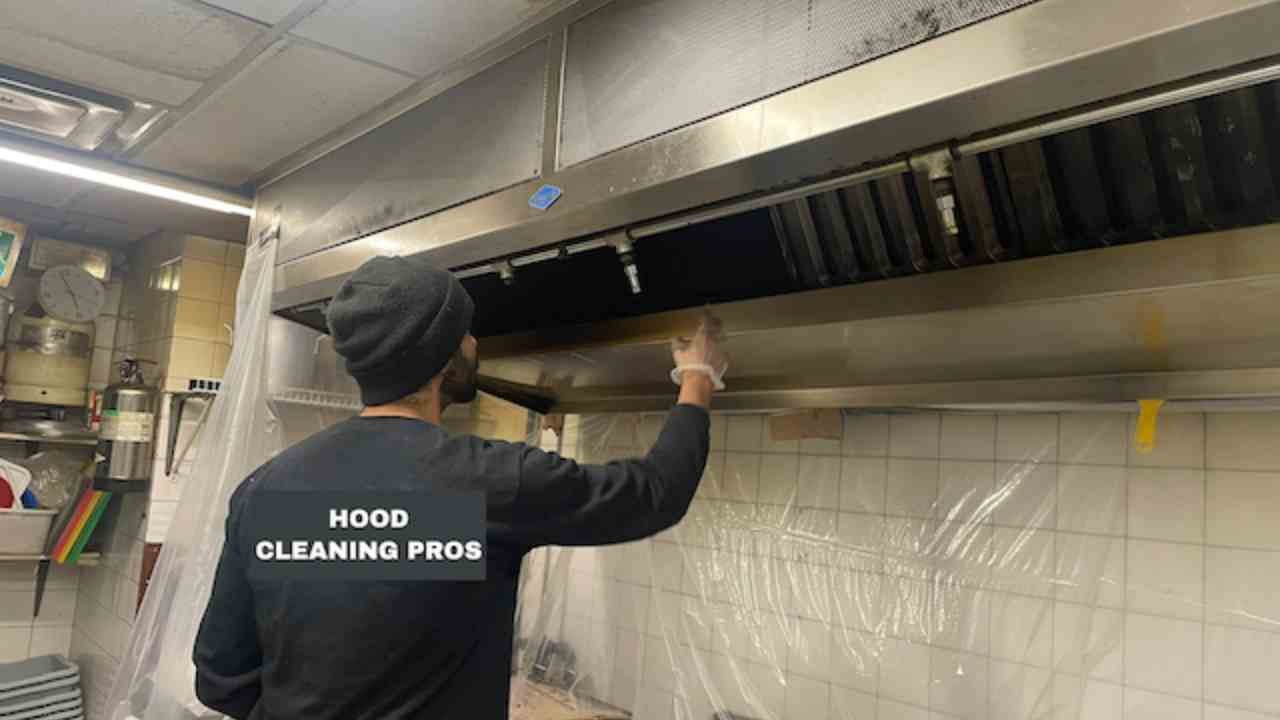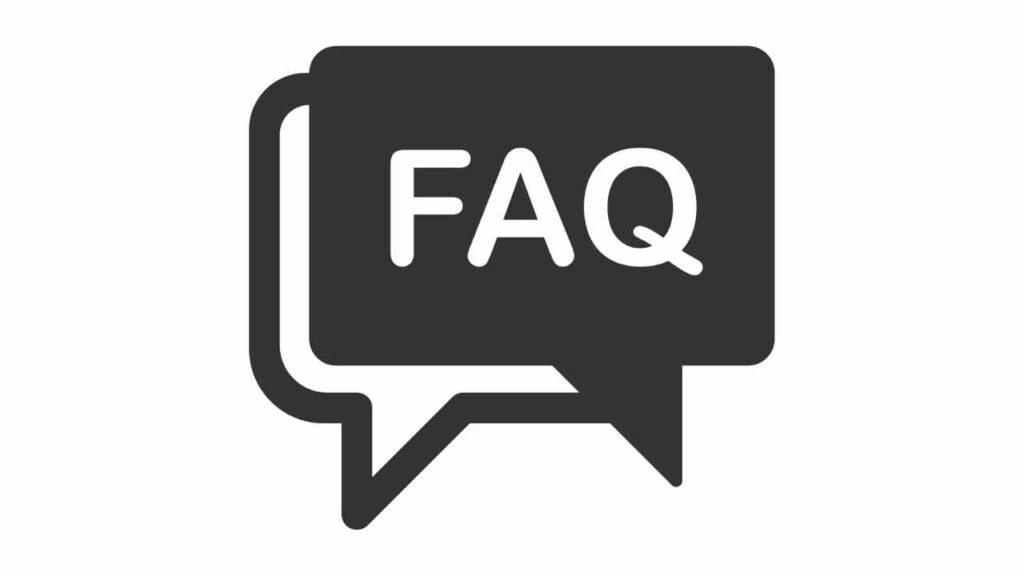The role of hood cleaning in preventing restaurant fires

The role of hood cleaning in preventing restaurant fires. Running a restaurant comes with many responsibilities, and one of the most critical is ensuring the safety of both customers and staff. One of the most common causes of restaurant fires is the buildup of grease in kitchen hoods and exhaust systems. Regular and thorough hood cleaning plays a vital role in preventing these fires and maintaining a safe environment. In this article, we will explore the importance of hood cleaning, the risks associated with neglecting it, and the best practices for maintaining a clean and fire-safe kitchen.
The Dangers of Grease Buildup
Grease is an inevitable byproduct of cooking, especially in commercial kitchens where large quantities of food are prepared daily. Over time, this grease accumulates in the kitchen hood and exhaust system, creating a highly flammable environment. The dangers of grease buildup cannot be overstated:
- Increased Fire Risk: Grease is highly combustible and can ignite easily. A small spark or flame near a greasy surface can quickly escalate into a full-blown fire.
- Rapid Fire Spread: Once a fire starts in a greasy environment, it can spread rapidly through the hood and exhaust system. This can lead to extensive damage to the kitchen, the building, and potentially even neighboring properties.
- Health Hazards: Grease buildup not only poses a fire risk but also creates an unhealthy environment. The accumulation of grease can release harmful particles and odors into the air, affecting both employees and customers.
The Importance of Regular Hood Cleaning
To mitigate the risks associated with grease buildup, regular hood cleaning is essential. Here are some key reasons why hood cleaning should be a top priority for restaurant owners and managers:
- Fire Prevention: The primary purpose of hood cleaning is to remove grease and reduce the risk of fire. By keeping the hood and exhaust system clean, the chances of a fire starting and spreading are significantly reduced.
- Compliance with Regulations: Many jurisdictions have specific regulations and codes that require restaurants to maintain clean and functional kitchen hoods. Failure to comply with these regulations can result in fines, closure, or even legal action in the event of a fire.
- Insurance Requirements: Insurance companies often require restaurants to have regular hood cleaning as part of their policy. Failure to meet these requirements may result in higher premiums or denial of coverage in the event of a fire.
- Extended Equipment Lifespan: Grease buildup not only poses a fire risk but also affects the performance and lifespan of kitchen equipment. Regular hood cleaning helps prevent damage to expensive appliances, saving restaurants from costly repairs or replacements.
- Improved Air Quality: A clean hood and exhaust system contribute to better air quality in the kitchen. This is crucial for the health and well-being of both employees and customers, reducing the risk of respiratory issues and unpleasant odors.
Regular hood cleaning is of utmost importance in maintaining a safe and fire-free environment in commercial kitchens. The accumulation of grease within the hood and exhaust system poses significant risks and can lead to devastating fires if left unaddressed. Here are key points highlighting the importance of regular hood cleaning:
-
Fire Prevention: Grease buildup in the hood and exhaust system is highly flammable and acts as a fuel source for fires. When cooking appliances produce grease-laden vapors, these vapors can solidify and accumulate in the system over time. If a fire ignites within the cooking area, the presence of excessive grease buildup can cause flames to rapidly spread throughout the exhaust system. Regular hood cleaning effectively removes grease deposits, minimizing the risk of fire outbreaks and preventing potential property damage, injuries, and even fatalities.
-
Compliance with Fire Safety Standards: Adhering to fire safety standards, such as those set by the National Fire Protection Association (NFPA), is crucial for commercial kitchens. NFPA 96 specifically addresses the cleanliness and maintenance of commercial kitchen exhaust systems, including the requirement for regular hood cleaning by certified professionals. Following these standards ensures compliance with local regulations, reduces liability, and provides a basis for passing inspections from fire marshals and other regulatory authorities.
-
Enhanced Ventilation and Air Quality: The primary function of a hood and exhaust system is to remove smoke, heat, steam, and cooking odors from the kitchen. However, when grease accumulates in the system, it can obstruct airflow and hinder the effectiveness of ventilation. Regular hood cleaning ensures that the system operates efficiently, improving indoor air quality, reducing the risk of airborne contaminants, and maintaining a comfortable environment for both staff and customers.
-
Extended Equipment Lifespan: Grease buildup not only poses a fire hazard but also affects the performance and lifespan of the kitchen equipment. The presence of grease in the exhaust system can lead to clogged filters, reduced airflow, and increased strain on ventilation fans. By regularly cleaning the hood and exhaust system, kitchen equipment operates at optimal levels, experiences fewer breakdowns, and requires less frequent maintenance, ultimately reducing operational costs.
-
Protecting Reputation and Customer Confidence: Restaurants and food establishments rely on their reputation for success. A fire incident resulting from neglected hood cleaning can be detrimental to a business, leading to financial losses, negative publicity, and a loss of customer trust. By prioritizing regular hood cleaning, businesses demonstrate their commitment to safety, cleanliness, and responsible operations. This fosters customer confidence, enhances brand reputation, and contributes to the long-term success of the establishment.
Regular hood cleaning is vital for fire prevention, compliance with safety standards, ensuring proper ventilation, extending equipment lifespan, and safeguarding a restaurant’s reputation. By investing in professional hood cleaning services on a scheduled basis, restaurant owners and operators create a safer environment for employees, customers, and their valuable assets, reducing the likelihood of devastating fires and maintaining a thriving business.
Best Practices for Hood Cleaning
While the importance of hood cleaning is clear, it is equally important to follow best practices to ensure its effectiveness. Here are some guidelines to consider:
- Frequency: Hood cleaning should be performed regularly, with the frequency depending on the volume of cooking and the type of food being prepared. As a general rule, most restaurants should have their hoods cleaned at least every three to six months.
- Professional Cleaning: Hiring a professional hood cleaning service is highly recommended. Professionals have the expertise, equipment, and knowledge to thoroughly clean the hood and exhaust system, ensuring all grease and debris are removed.
- Thorough Cleaning Process: A comprehensive hood cleaning process involves cleaning not only the visible parts but also the hidden areas where grease can accumulate. This includes the hood interior, exhaust ducts, fans, and filters.
- Inspection and Maintenance: Regular inspections should be conducted to identify any issues or potential problems. This includes checking for damaged or worn-out parts, loose connections, and ensuring the exhaust system is functioning properly.
- Documentation: Keeping records of hood cleaning and maintenance is crucial for compliance and insurance purposes. Maintain a log that includes the date of cleaning, the name of the cleaning company, and any relevant notes or observations.
Case Studies and Statistics
Real-life examples and statistics can provide further insight into the importance of hood cleaning in preventing restaurant fires. Here are a few notable cases:
Case Study 1: In 2018, a popular restaurant in a busy city experienced a devastating fire that started in the kitchen hood. The fire quickly spread through the exhaust system, causing extensive damage to the building and neighboring businesses. The investigation revealed that the restaurant had neglected hood cleaning for several years, leading to a dangerous buildup of grease.
Case Study 2: According to the National Fire Protection Association (NFPA), an estimated 7,410 structure fires in eating and drinking establishments were reported each year between 2014 and 2018. These fires resulted in an annual average of two civilian deaths, 115 civilian injuries, and $246 million in property damage. The NFPA also found that failure to clean was the leading factor contributing to ignition in 22% of the reported fires.
Summary
Hood cleaning plays a crucial role in preventing restaurant fires and maintaining a safe environment for both customers and staff. The dangers of grease buildup cannot be underestimated, as it increases the risk of fire, facilitates rapid fire spread, and poses health hazards. Regular hood cleaning is essential to mitigate these risks, comply with regulations, and meet insurance requirements. By following best practices, such as hiring professionals, conducting thorough cleanings, and maintaining proper documentation, restaurant owners can ensure the effectiveness of their hood cleaning efforts. Real-life case studies and statistics further emphasize the importance of hood cleaning in preventing devastating fires. Ultimately, prioritizing hood cleaning is a proactive measure that protects lives, property, and the reputation of restaurants.
Frequently asked questions about: The role of hood cleaning in preventing restaurant fires.

Why is hood cleaning important for preventing restaurant fires?
Hood cleaning plays a crucial role in preventing restaurant fires by removing grease buildup from the exhaust system. Grease deposits can accumulate over time and become highly flammable, posing a significant fire hazard. Regular hood cleaning helps maintain a clean and safe environment, reducing the risk of fire outbreaks in the kitchen area.
How often should restaurant hood systems be cleaned to comply with fire safety standards?
The cleaning frequency for restaurant hood systems depends on the type and volume of cooking operations. The National Fire Protection Association (NFPA) 96 provides guidelines for cleaning schedules. As per NFPA 96, systems serving solid fuel cooking operations should be cleaned monthly, high-volume cooking operations quarterly, moderate-volume cooking operations semiannually, and low-volume cooking operations annually. Following these cleaning schedules helps ensure compliance with fire safety standards.
What areas of the restaurant exhaust system should be cleaned during hood cleaning?
During hood cleaning, several areas of the restaurant exhaust system require attention. NFPA 96 emphasizes the cleaning of hoods, grease removal devices, fans, ducts, and other related components. The goal is to remove combustible contaminants, such as grease or oily sludge, before they heavily accumulate on surfaces. Thoroughly cleaning these areas is essential to maintain a fire-safe environment in the kitchen.
What are the consequences of not complying with NFPA 96 guidelines for hood cleaning?
Failure to comply with NFPA 96 guidelines for hood cleaning can have severe consequences. Improperly maintained kitchen exhaust systems covered in grease pose a significant fire hazard. In the event of a fire, grease deposits can fuel the flames and allow them to spread rapidly through the hood, ductwork, and exhaust fan. To avoid safety risks, maintain compliance with the NFPA 96 standards and ensure regular and thorough hood cleaning.
How does hood cleaning contribute to the overall safety of a restaurant?
Hood cleaning contributes to the overall safety of a restaurant by reducing the risk of kitchen fires. By removing grease buildup from the exhaust system, hood cleaning helps prevent the spread of fire from cooking equipment to the ventilation system. This not only protects the building but also safeguards the well-being of customers, employees, and valuable assets. Regular hood cleaning is an essential safety measure for maintaining a fire-safe environment in restaurants.
- hood cleaning
- kitchen exhaust cleaning
- restaurant hood cleaning
- The Role of Hood Cleaning in Preventing Restaurant Fires







